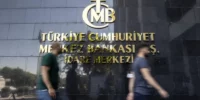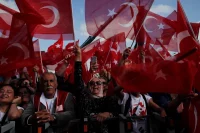Turkey’s renewed faith in democracy
The results of the local elections held on March 31st are a milestone in Turkey’s history. With most local power now entrusted to the political opposition by voters, Turkey is no longer devoid of options; its trajectory is firmly set towards democracy again.
Despite unfair competition, especially in the allocation of state resources to the ruling party and its candidates and government control of the media, the opposition Republican People’s Party (CHP), of which I am a member, emerged victorious. In Istanbul, government officials and the president actively campaigned to support my opponent in the mayoral election. We won even though other opposition parties, which had allied themselves with the CHP in last year’s elections, abandoned our coalition and ran their own candidates.… Seguir leyendo »
















